What Should I Do with Damaged or Swollen Batteries?
Highlights:
- Damaged or swollen batteries pose serious safety and environmental risks.
- Proper storage, handling, and recycling prevent fires and chemical exposure.
- Never puncture, compress, or throw swollen batteries in household trash.
- Local recycling centers and battery stores provide safe disposal solutions.
- Jefferson Battery Co Inc in Jefferson, LA offers responsible battery recycling services.
Damaged or swollen batteries are more than just inconvenient—they can be hazardous if handled incorrectly. A swollen battery indicates a buildup of gases inside the cell, often caused by overcharging, overheating, or internal short circuits. Ignoring these warning signs may lead to leaks, fires, or explosions. Understanding how to identify, store, and dispose of compromised batteries can protect both your home and the environment. This guide explains what to do if you encounter a swollen or damaged battery and how to properly dispose of it through safe, eco-friendly methods.
Recognizing the Dangers of Swollen Batteries
When a battery becomes swollen, it’s a clear sign of chemical instability. The swelling occurs as internal components degrade or gas builds up from thermal runaway. Lithium-ion batteries, in particular, are prone to this issue when damaged or aged. These batteries may leak or emit a metallic or sweet odor, signaling possible venting. According to U.S. Environmental Protection Agency (EPA), damaged or defective lithium-ion batteries are considered hazardous waste because they can ignite or release toxic fumes when mishandled. Immediate action is critical to prevent fires or injury.
To stay safe, never continue using a swollen battery in a phone, laptop, or tool. Remove it from power, avoid piercing or flattening it, and store it in a cool, dry place away from flammable materials. You should also avoid charging it, as this can trigger internal failure. If swelling occurs in a sealed device, consult a repair technician instead of trying to open the device yourself. Battery swelling is not reversible—safe removal and proper disposal are the only solutions.
Frequently ASked Questions
Can a swollen battery still be used?
No. Using a swollen battery is unsafe and can cause fires or chemical leaks. It should be replaced and disposed of properly.
What causes a battery to swell?
Overcharging, heat exposure, or internal short circuits cause gases to form inside the battery, leading to swelling.
Is it safe to store a swollen battery at home?
Only temporarily, in a non-metal, ventilated container away from heat sources until you can take it to a recycling center.
Proper Storage and Handling Techniques
Once you notice a damaged or swollen battery, your priority is to prevent further chemical or thermal reactions. Place it on a non-flammable surface (e.g. concrete or ceramic), never on carpet or wood, and avoid metal containers that could short the terminals. According to the Oregon State Fire Marshal, you should place each battery in its own clear plastic bag and cover the terminals with non-conductive tape (like electrical tape) before transport.
For lithium-ion or rechargeable batteries, it’s best to bring them to a certified drop-off location as soon as possible. Do not leave them inside vehicles, as heat can worsen the chemical reaction. Avoid compacting them in trash bins or shipping them through the mail without proper labeling. Battery collection programs typically follow strict federal shipping standards to avoid incidents in transit. In Jefferson, LA, residents can visit Jefferson Battery Co Inc for guidance on safe drop-off procedures and disposal options for both consumer and industrial batteries.
In addition to handling techniques, store batteries at room temperature. High humidity or direct sunlight can accelerate breakdown. Keep children and pets away from any swollen or leaking cells to avoid accidental exposure. If a leak occurs, wear gloves and eye protection when cleaning the area. Dispose of any materials that came into contact with leaked battery fluid safely at a hazardous waste facility.
Frequently ASked Questions
Can I throw a swollen battery in the recycling bin?
No. Batteries require specialized recycling processes. Regular bins are not equipped for safe disposal.
What should I do if a battery leaks?
Wear protective gloves, use baking soda to neutralize acid leaks, and contact your local hazardous waste facility for cleanup advice.
Can swollen batteries explode?
Yes. Pressurization and internal heat buildup can cause them to rupture or ignite, especially if punctured or crushed.
Safe Disposal and Recycling Options
Proper disposal of damaged batteries is essential for environmental safety. When handled incorrectly, leaking or burning batteries can contaminate soil, release harmful chemicals, or ignite fires in waste facilities. According to the National Renewable Energy Laboratory (NREL), recycling lithium-ion batteries enables recovery of critical materials like lithium, cobalt, and nickel (among others), thereby reducing dependence on mining raw materials and decreasing associated environmental harm.
Local recycling programs and battery retailers typically have systems in place to collect hazardous batteries. Many stores accept common types such as lithium-ion, nickel-cadmium, or sealed lead-acid batteries. Always confirm with your recycling center what types they accept and whether special handling instructions apply. For large batteries, like those used in vehicles or equipment, transport them in their original packaging or a non-conductive container. Jefferson Battery Co Inc provides safe and environmentally responsible disposal services for all major battery types in Jefferson, LA.
Consumers can also check with local waste management departments for community hazardous waste collection events. These events are ideal for disposing of multiple types of household batteries at once. Some municipalities may offer mail-back programs or drop boxes in public facilities. Always label damaged or swollen batteries as “defective” before turning them in to prevent confusion during processing.
Frequently ASked Questions
Why can’t I just throw batteries away?
Batteries contain metals and electrolytes that can leak into landfills, causing fires and environmental contamination.
Are rechargeable batteries more dangerous when damaged?
Yes. Rechargeable lithium-ion cells store more energy and are more prone to thermal runaway if punctured or shorted.
Where can I recycle batteries near me?
Contact local waste management or visit trusted recycling facilities such as Jefferson Battery Co Inc for proper disposal.
Final Thoughts on Battery Safety
Damaged or swollen batteries should always be treated with caution. The temptation to continue using them can lead to dangerous outcomes, including fires or toxic exposure. Immediate isolation, safe storage, and proper recycling are the best steps to take. Consumers should also learn to recognize early warning signs such as overheating, bulging, or corrosion.
Ultimately, responsible battery handling is about protecting your home, community, and environment. By working with reputable facilities like Jefferson Battery Co Inc, residents in Jefferson, LA can help reduce environmental hazards while keeping themselves and others safe. Every properly recycled battery contributes to a cleaner, safer future—one responsible disposal at a time.
Proper battery disposal is everyone’s responsibility, and even small actions make a big difference. By staying informed about safety practices and supporting local recycling initiatives, residents can help prevent fires, protect natural resources, and reduce hazardous waste. Communities that prioritize eco-friendly disposal programs contribute to cleaner air, water, and soil for future generations. Whether you’re recycling a single phone battery or multiple automotive units, choosing safe disposal methods through certified facilities like Jefferson Battery Co Inc in Jefferson, LA promotes sustainability and public safety for the entire region.
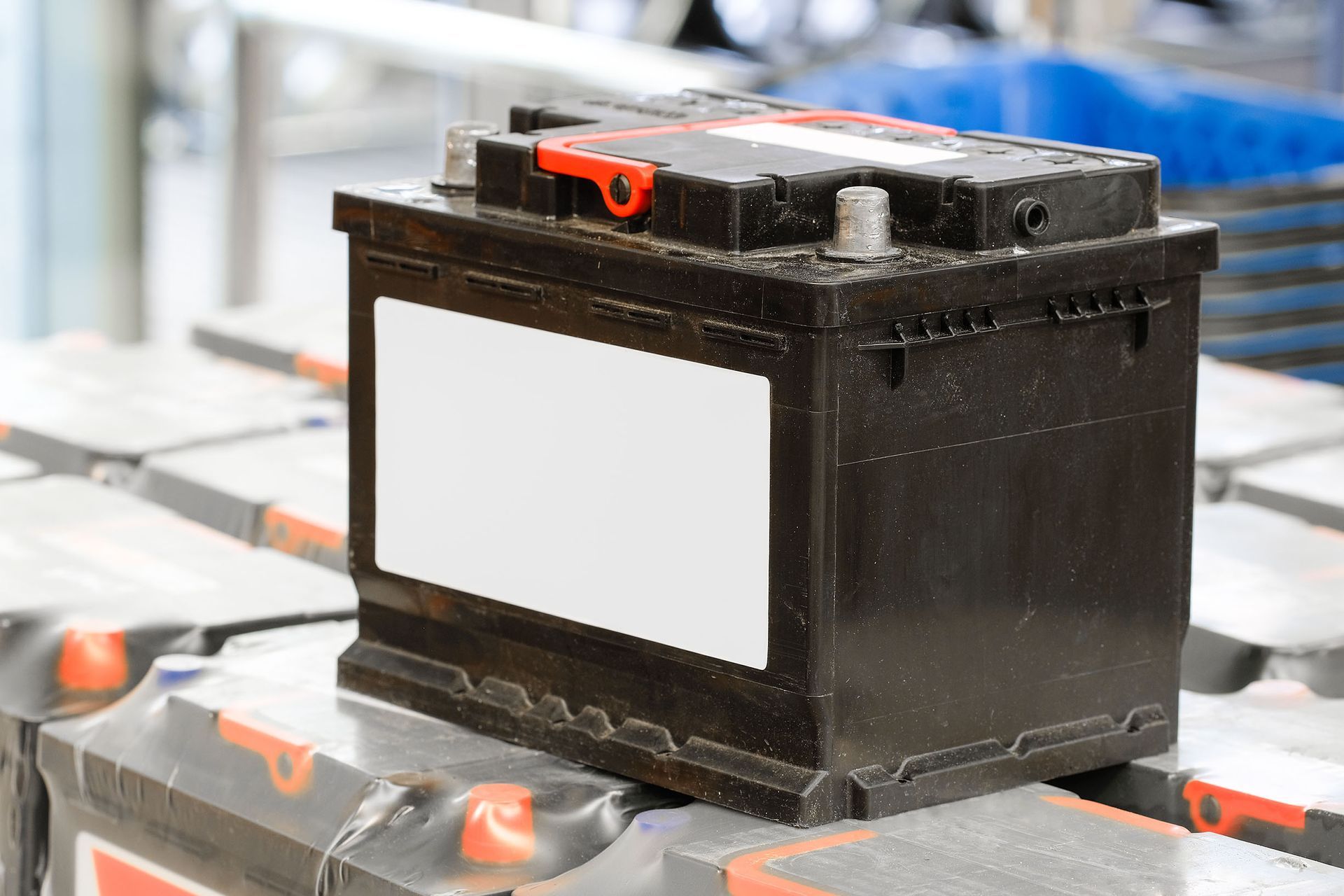


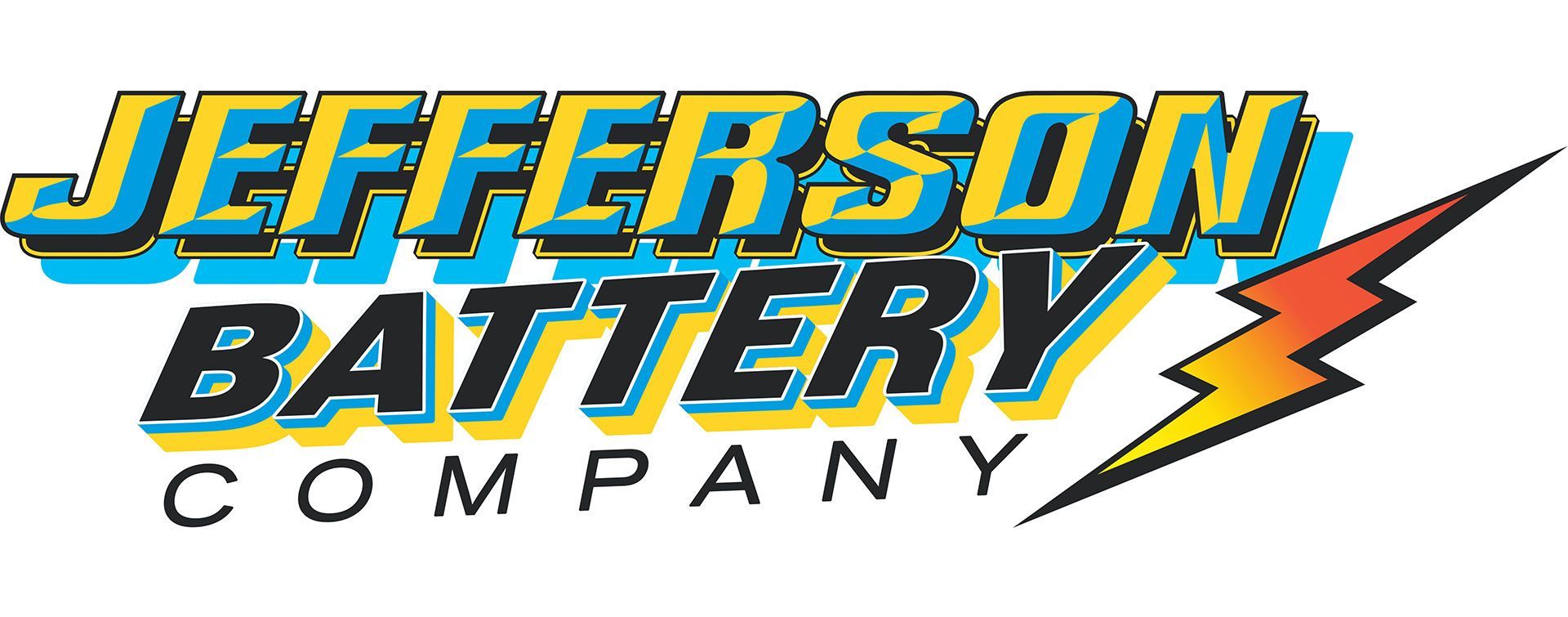
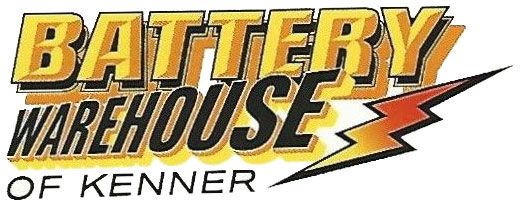
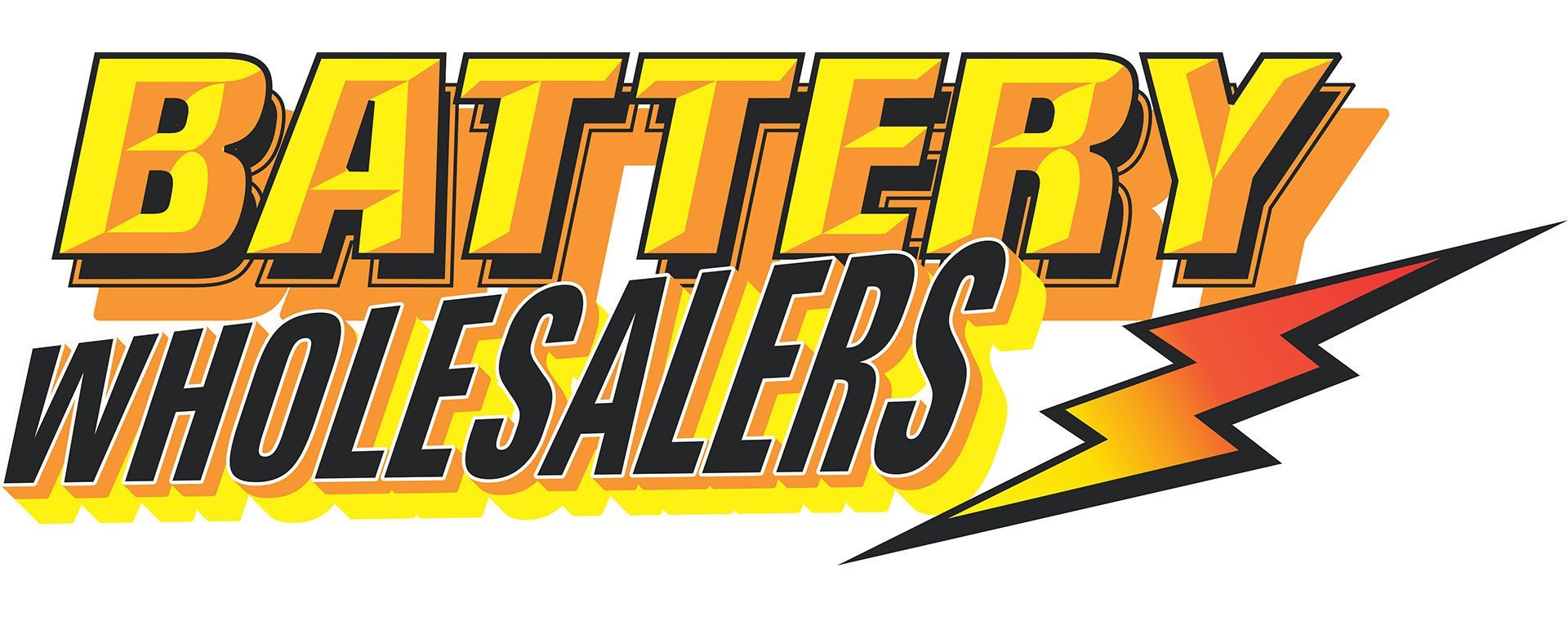
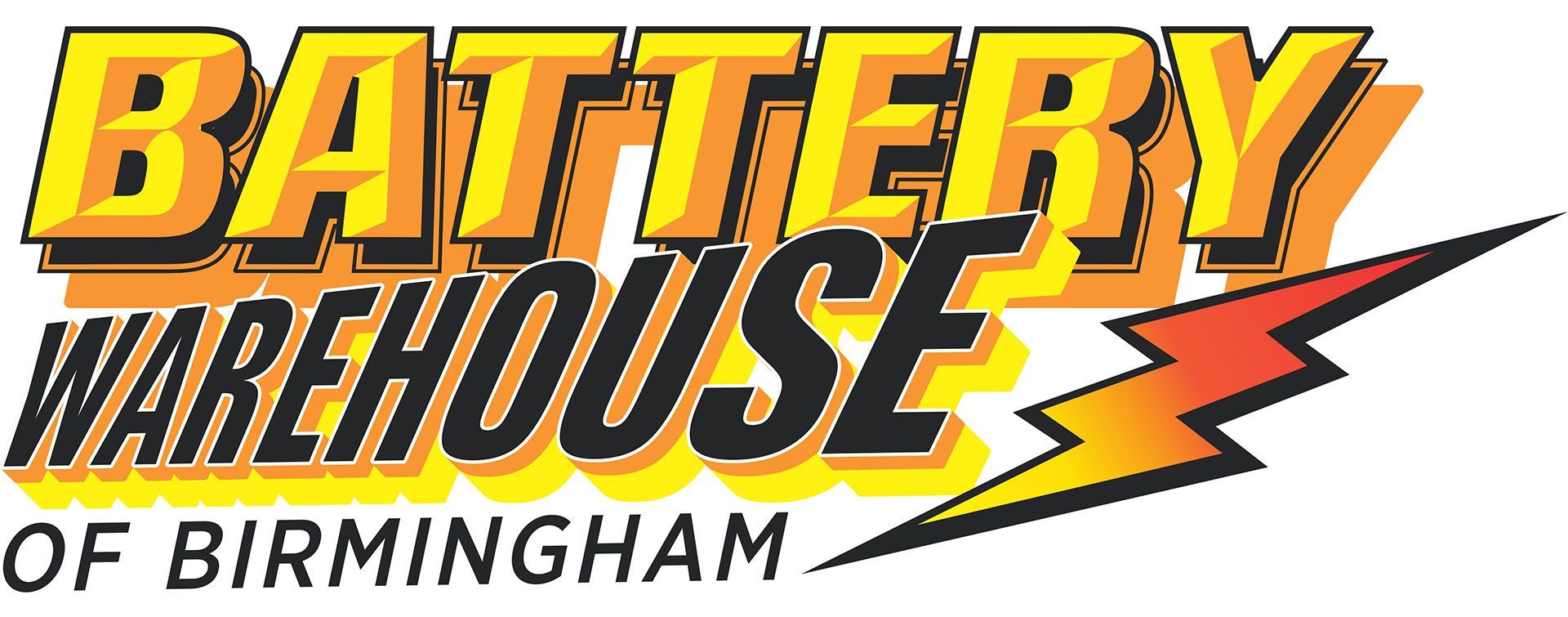

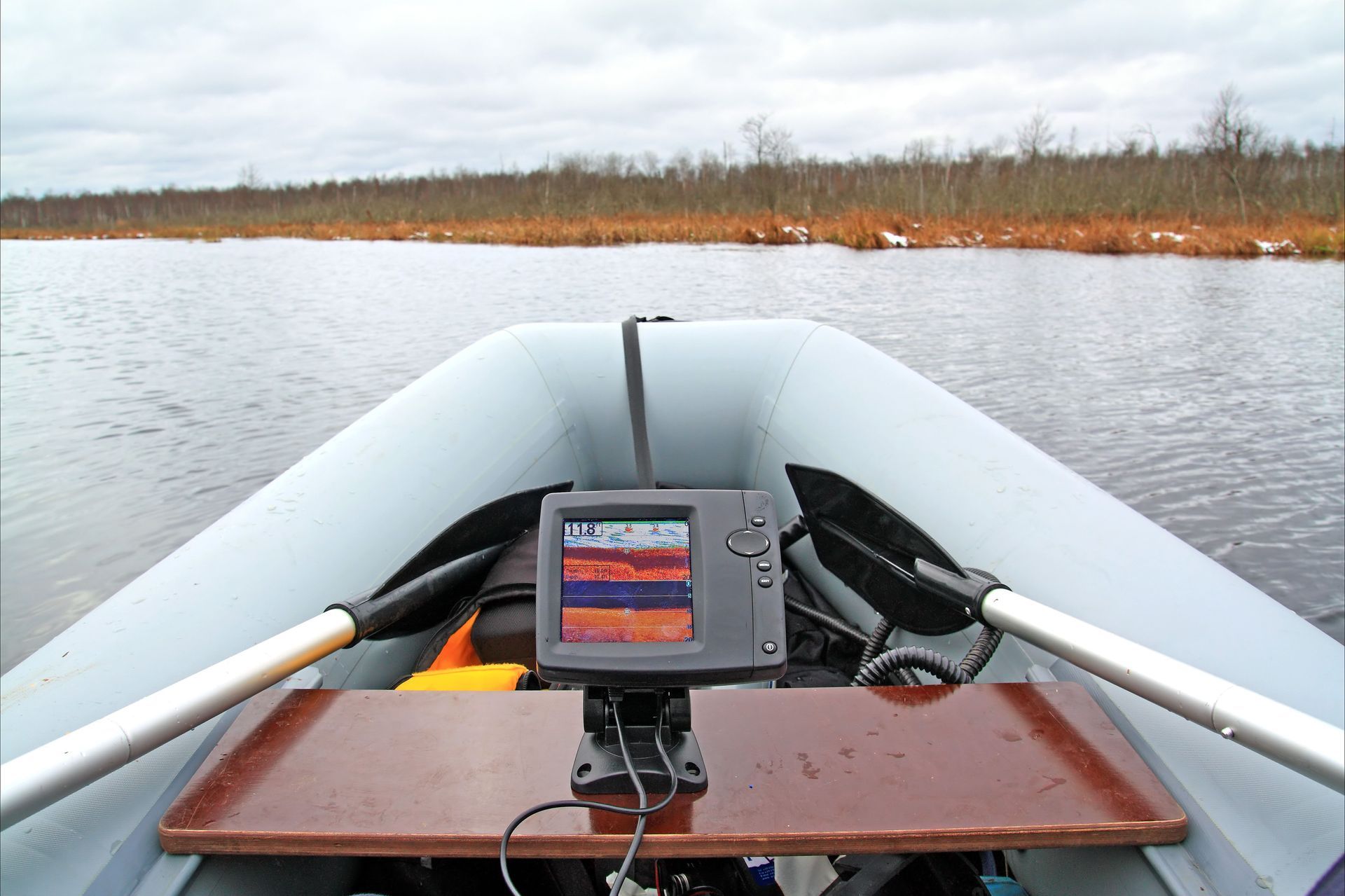
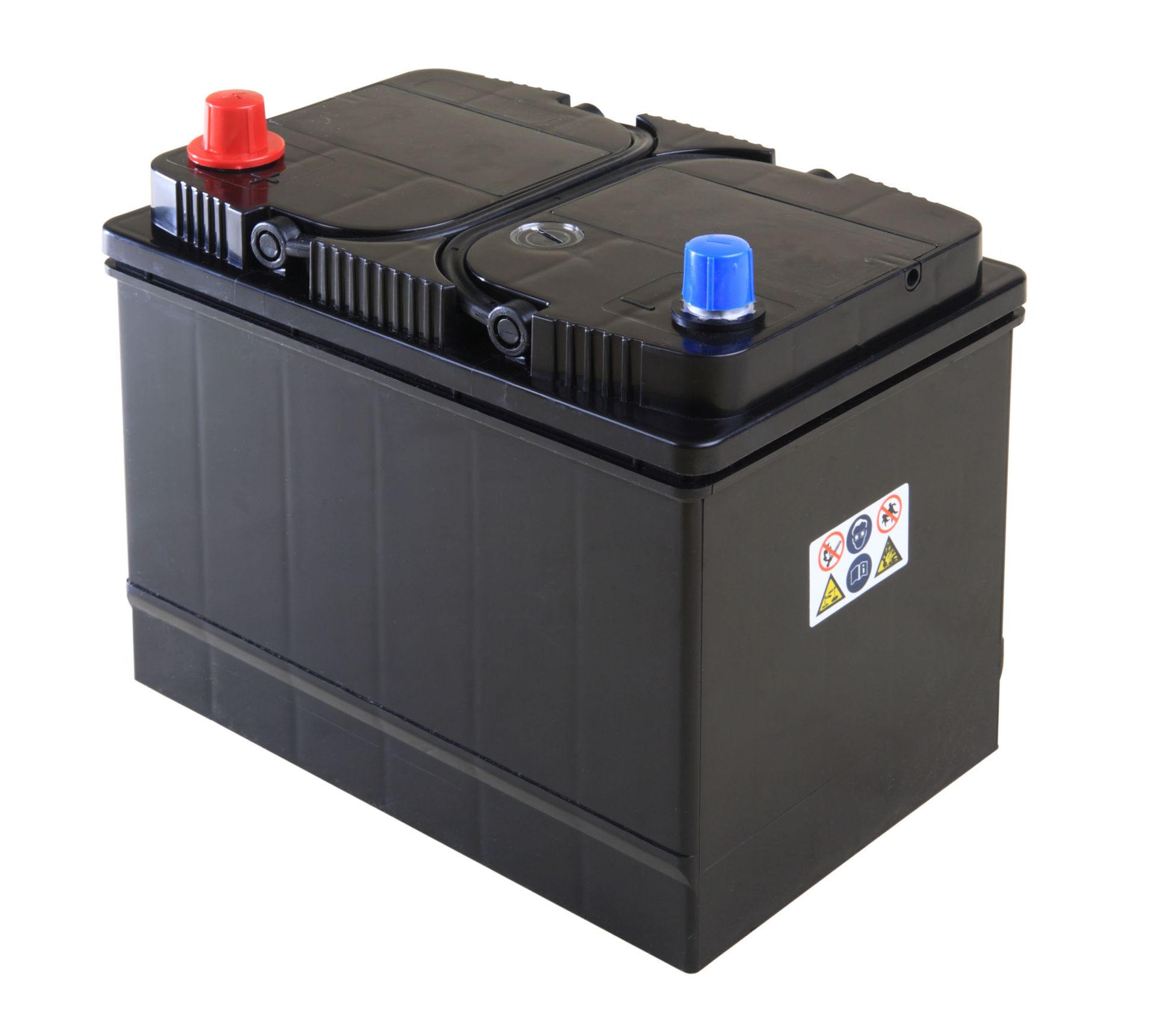
Share On: